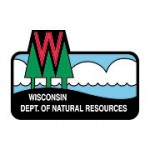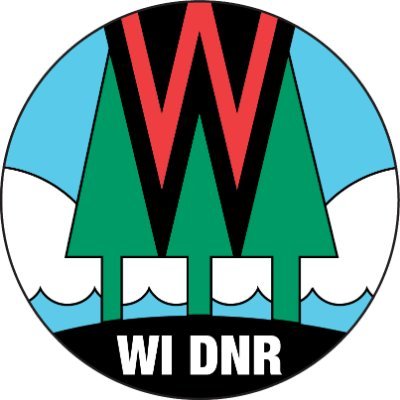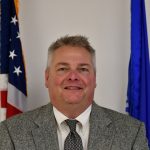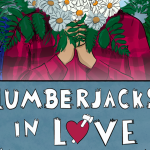DNR Confirms CWD In Wild Deer In Polk County
Baiting And Feeding Ban To Begin In December, Public Meeting Set
MADISON, Wis. – The Wisconsin Department of Natural Resources (DNR) confirms the first positive test result for chronic wasting disease (CWD) in a wild deer in Polk County. The deer was harvested in the town of Apple River and is within 10 miles of the Barron County border.
This detection will cause the following:
- Polk will begin a three-year baiting and feeding ban on Dec. 1, 2023.
- Barron will renew the ban already in place.
The deer was a hunter-harvested 3-year-old doe and is the first confirmed wild deer CWD-positive detected in Polk County.
The DNR and the Polk County Deer Advisory Council will be hosting a public meeting on Thursday, Nov. 9 at 5:30 p.m. DNR staff will provide information about CWD in Wisconsin, local CWD testing efforts and disease surveillance options being considered.
The DNR also reminds the public that it is illegal to hunt over an area previously used for legal baiting and feeding until that area is completely free of bait or feed for 10 consecutive days.
Baiting or feeding deer encourages them to congregate unnaturally around a shared food source where infected deer can spread CWD through direct contact with healthy deer or by leaving behind infectious prions in their saliva, blood, feces and urine.
More information regarding baiting and feeding regulations is available on the DNR’s Baiting and Feeding webpage.
Hunters Can Help
The DNR asks deer hunters in Polk County to help with efforts to identify where CWD occurs on the landscape by having their deer tested for the disease. The collection of CWD samples is essential for assessing the presence of CWD in the deer population across the state.
CWD is a fatal, infectious nervous system disease of deer, moose, elk and reindeer/caribou. It belongs to the family of diseases known as transmissible spongiform encephalopathies (TSEs) or prion diseases. The DNR began monitoring the state’s wild white-tailed deer population for CWD in 1999. The first positives were found in 2002.
More general information about CWD can be found on the DNR’s CWD webpage.
EVENT DETAILS
What: Public meeting on CWD in Wisconsin and local CWD testing efforts
When: Nov. 9 at 5:30 p.m.
Where: Polk County Government Center
West Conference Room (2nd floor)
100 Polk County Plaza
Balsam Lake, WI 54810
NOTE: This press release was submitted to Urban Milwaukee and was not written by an Urban Milwaukee writer. While it is believed to be reliable, Urban Milwaukee does not guarantee its accuracy or completeness.
Mentioned in This Press Release
Recent Press Releases by Wisconsin Department of Natural Resources
DNR Seeking Public Comment For Environmental Review Of Marshfield Safe Drinking Water Loan Program Project
Dec 11th, 2024 by Wisconsin Department of Natural ResourcesGroundbreaking Production Coming to Historic Third Ward January 2025
DNR Releases 2024 Air Quality Trends Report
Dec 10th, 2024 by Wisconsin Department of Natural ResourcesIncludes Air Monitoring Data Through 2023























